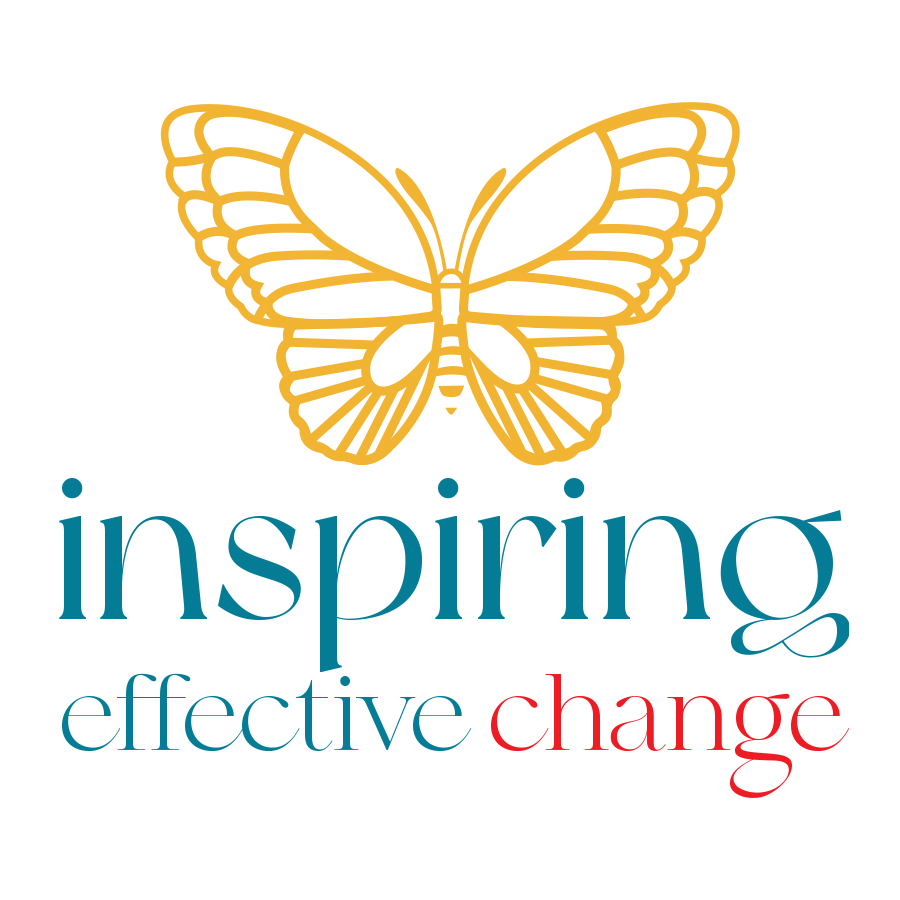As a Board Certified Behavior Analyst (BCBA) and proud millennial with ADHD, I find myself in a unique position to discuss the intricacies of the human mind that many might strain to comprehend. It’s in this vibrant playground of complexity that I’ve discovered intriguing facets in the intersection of dopamine, sex and romantic relationships. Today, I want to dive deeper into the pandemonium of passions – the tumultuous duel between lust and love – and share some strategies on how we can bring mindfulness to the early stages of a relationship.
Dopamine, our silent sidekick, often takes center-stage in matters of human connection. This chemical neurotransmitter, serving as our brain’s reward center, fuels that thrilling rush of passion we experience when we first lay eyes on someone attractive. It’s a familiar story: the quickening pulse, the diluted reality around us – that’s dopamine doing what it knows best. Essentially, its fundamental role in lust is to stimulate desire and craving, a primal force urging us to propagate the species.
But here’s where the proverbial plot thickens: lust and love, while interconnected, are not synonymous. Lust is that thrill, the pursuit, the adrenaline-pumping seduction woven by dopamine. Love, conversely, holds its roots deeper, comprising not only of physical attraction but emotional intimacy, a sense of security, and a shared communion of life experiences. While love can certainly start from the flames of lust, they’re separate entities with distinctive brain activations.
Neurodivergence adds another layer of complexity to this already intricate dance. As a neurodivergent individual, I can vouch for our tendency towards more intense and sometimes all-or-nothing mentalities. This can mean that romantic relationships progress too quickly, as we dive headlong into the bubble of infatuation, often mistaking the dopamine-induced haze of lust as the foundation of enduring love.
So, how do we harness the intimate understanding of our own mental patterns to navigate relationships mindfully? Here are a few strategies to check-in with yourself when starting a new relationship:
1. Regular Self-Assessment: Take some time every week to genuinely question how you are feeling about the relationship. Do you feel secure, respected, and balanced? Or is there an overwhelming urgency that feels more like a rollercoaster than a steady ride?
2. Equate Physical with Emotional: While physical attraction is exciting and fundamental, make sure it’s progressing at a similar pace to your emotional bond. Remember, a relationship built solely on lust can be as unstable as a house of cards.
3. Communication is Key: Openly convey your feelings and thoughts to your partner. As neurodivergent individuals, we might process emotions a bit differently, and that’s okay. Honesty and mutual understanding can bridge divides.
4. Seek Professional Help: Consider engaging with a therapist. Professional, unbiased advice can help navigate the ebbs and flows of a relationship and assist you in making balanced decisions.
By harnessing these strategies, wielding the power of self-awareness, and utilizing professional help as needed, we can navigate the dopamine-driven thrills of lust while laying sturdy foundations of genuine love. Remember, every individual and relationship is unique. It’s okay to learn as you go, and it’s okay to take your time. After all, the best kind relationships, just like fine wine, get better over time.
